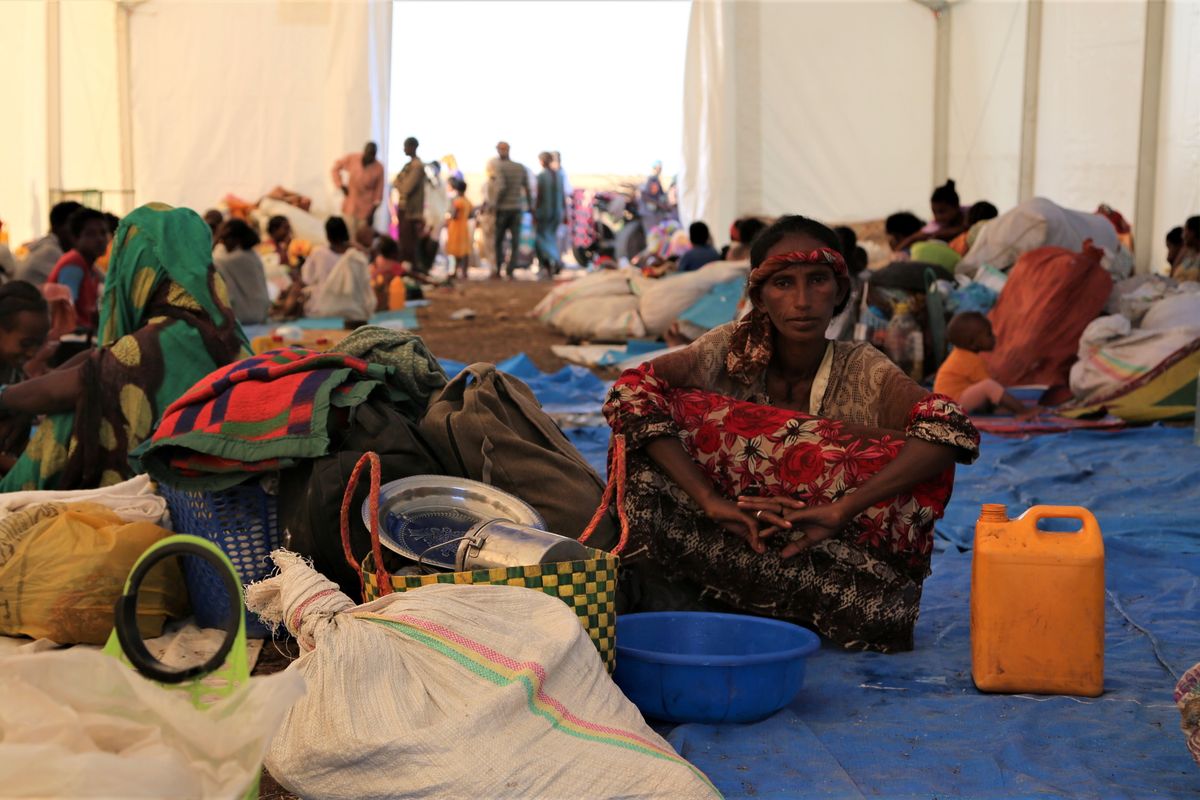4,000: As many as 4,000 Ethiopians are crossing into Sudan each day as violence in the Tigray region intensifies, causing a mass exodus that's sparked a full-blown "humanitarian crisis," according to the UN. Meanwhile, the Ethiopian government said that it is closing in on Tigray's capital after fighting a weeks-long battle against a coalition led by the radical Tigray People's Liberation Front.
250,000: More than 250,000 people — that's a quarter of a million — have now died from COVID-19 in the United States. This grim milestone comes as debates are raging in various states over how and if to apply new restrictions as coronavirus cases surge. If current trends continue, the Institute for Health Metrics and Evaluation projects the US could top 438,000 deaths by March.
39: An investigation by the Australian Defense Forces into its own conduct in Afghanistan found that elite Australian troops unlawfully killed 39 Afghans from 2005 to 2016. The report, released Thursday after four years of probing, said that the Aussie troops' conduct in Afghanistan was "possibly the most disgraceful episode in Australia's military history."
21 billion: UK Prime Minister Boris Johnson said his government will direct a whopping $21 billion (16.5 billion pounds) to the country's military over the next four years, enabling the armed forces to up their cyber and space game, and modernize weaponry. The military investment, Britain's biggest since the Cold War, is in part motivated by Johnson's desire to show US President-elect Joe Biden that the UK is committed to having a strong military capacity after Brexit, analysts say.





